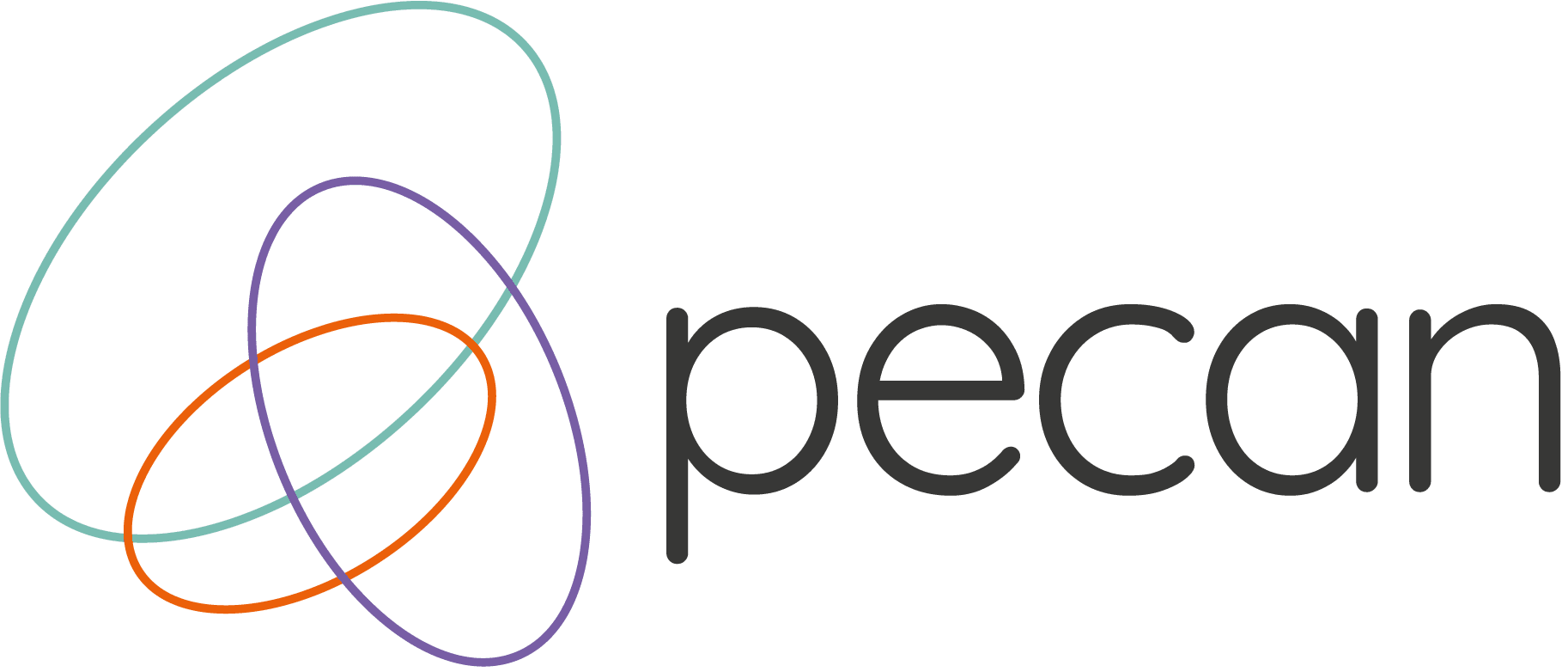
Collaborate like the orcas … don’t be a herring
Anyone watching Blue Planet II couldn’t fail to be in awe of the killer whales who, working together, rounded up a shoal of herring to ensure they were all amply fed – a great example of collaboration and teamwork.
Organisations could do worse than learn from orcas – 97% of employees and executives believe that lack of alignment within a team directly impacts the outcome of a task or project. (Fierce Inc.)
Organisations today face many challenges, from Brexit to robots, poor productivity to greater consumer choice. Meeting these challenges requires everyone pulling together to safeguard the health and future of the organisation and provide a great experience for consumers. Your people bringing their best to work and putting personal agendas to one side. Collaborating, respecting and innovating.
What is the impact of poor collaboration?
All organisations have poor collaboration to some extent – it’s natural for people to form siloes, we’re tribal by nature. Do you recognise any of these traits in your organisation? Perhaps even in parts of your own team?
- Money wasted through inefficient/ineffective working practices
- Time, energy and goodwill squandered
- Attention diverted from customers to internal politics
- Compromised/slow/expedient decision making
- Poor collaboration between departments and teams
- Trust breaking down and negative judgements taking root
- Frustration, apathy, low morale and paranoia
- Energy and innovation suppressed
- Strategy on the hoof
- Blame culture
- Poor role modelling from leaders
- Good performers leaving
- Silos and power bases becoming ever more entrenched
So how do we collaborate like the orcas?
- Acknowledge the problem
This can be the hardest step because once we open the box who knows what might happen. It’s a basic human response to have some fear of the unknown - Don’t blame – assume positive intent
The emotional temperature may be high, so a curious, non-judgemental stance is essential. Understand that people are simply doing things in a way that works for them (which may not work for the whole) - Use unbiased, skilled facilitation to build trust and manage the dialogue
There is a framework and style for doing this effectively. Lots of listening will be required - Recognise and agree the common purpose
Find the place where everyone agrees they are united and anchor it. Coming from a position of ‘same side’ allows trust and flexibility to develop - Pinpoint the attitudes and behaviours required to improve
This is where any change becomes conscious and has a chance of being embedded. At this stage involve everyone who is part of the situation and put in place mechanisms to reinforce the new ways of working
That’s the theory and most of us would recognise it. Doing it and making it stick is harder to address. It’s virtually impossible for organisations to be fully objective about themselves. Even if you can diagnose the problem – the challenge is how to solve it and for that you need an external partner.
Pecan’s Culture Diagnostic gets under the skin of what’s going on, what is causing it and what it’ll take for you to become a team of orcas. It’s done in a way that releases energy, creates trust and resolves stuck situations.
You have helped people to hold the mirror up to themselves in non-threatening ways and really bring about change. This was most noticeable in getting people to understand that they were being ‘tribal’ and that this was getting in the way of successful working relationships.
Executive Dean – Open University
Clients have used the insights from culture diagnostics to make positive change and achieve some great results:
- Growing new business income from £480k/month to £2.7M/month
- Best in sector customer satisfaction scores
- 50% reduction in cost per sale
- People-engaged restructure saving £7m per annum
- £9m saving from accelerating an acquisition
Find out how Pecan can help your team and organisation increase collaboration and reap the rewards.
